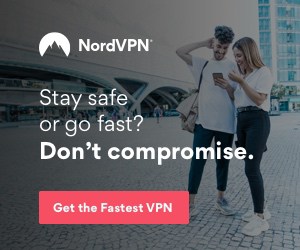What Is a VPN and Why You Need It
- By Douglas Moore
- July 7, 2020
Disclosure: Some links in this guide are affiliate links. We may get paid if you buy something or take an action after clicking one of these links, at no additional cost to you. It’s how we fund the work that it takes for us to create and maintain these guides.
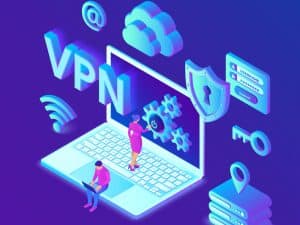
Today, however, VPNs are quite popular amongst average internet users as well. This is because a good VPN can offer you not only a higher level of security, but also privacy. In other words, VPNs help users hide their personal data, browsing history, and online activities private from third parties, like ISPs, marketing agencies, websites, and governments. Plus, VPNs are also useful to access geo-restricted content (content that’s only available in certain regions or countries), so people use VPNs for various entertainment purposes as well.
Let’s take a look at how VPNs work and why you should use them by going over the main services that a VPN can provide you with.
How Do VPNs Work?
In a nutshell, VPNs reroute your internet traffic through encrypted tunnels, and all your activities are processed through VPN servers. Everything you do online is kept on some sort of server, and when you use a VPN, it’s their servers that your online activities go through. The advantage here is that, when you opt for premium (paid), and not free (dangerous, bad choice, we’ll go over this too) VPN, they usually give you a promise to keep zero logs, or at least zero identifying logs. This means that by regularly clearing their servers, they don’t keep your personal details and browsing history, rendering your information invisible to third parties. In other words, your outgoing and incoming data is kept private.
VPNs also keep your data private by giving you a different, shared IP address. Some VPNs also offer the option of paying extra for a dedicated IP, but this sort of misses the point of anonymity. Anyway – when you use a shared IP address which isn’t actually that of your device, no one can track your activities back to you.
Lastly, most big VPN companies have servers distributed across various locations worldwide, and you’ll always have the option of connecting to a server based on your needs. This especially comes in handy when some content is blocked in your region (as is the case with government-imposed censorship on certain websites in some countries), or if the content you’re trying to access is only available in another country. So by changing which VPN server you’re connected to, you also get an IP address associated with that region. This will give you access to content you normally wouldn’t be able to view, like some streaming services.
Why You Need a VPN
The three main reasons why you, and all of us, need VPNs are privacy, security, and access to geo-restricted content. Let’s go over them one by one.
Websites you visit, ISPs, marketers, and governments can track your online activities. In some cases it’s based on your IP address, in other cases they can view your browsing history by looking at your logs. ISPs (internet service providers), for instance, have been known to sell logs of user data to marketers for additional profit. This allows marketers to target ads to your region.
Online Privacy
Naturally, people take issue with this, so they turn to VPNs to enjoy online privacy. Not to mention that ISPs can impose bandwidth throttling (the intentional slowing down of your internet connection) when you engage in certain activities – like gaming, streaming, or torrenting. As a VPN prevents your ISP from seeing what exactly you’re doing online, it can help you get rid of this sort of nonsense.
Security
The strong encryption protocols that VPNs enforce further help with security. Firstly, your private data – like login details, or banking and credit card information – is kept safe from online threats like hacker attacks. While some VPNs additionally come with malware and tracker blockers, a VPN’s security is the most crucial when it comes to using public WiFi networks. Public WiFi networks are especially vulnerable to hacker attacks with the intention of spreading malware and stealing personal information. A VPN will keep your devices secure.
Access to Geo-Restricted Content
Lastly, access to geo-restricted content is another one of the top advantages that using a VPN can give you. As we mentioned, it’s useful in authoritarian regimes where many websites are blocked, but it’s also great for entertainment. There are many great streaming services that you can only access from certain regions. BBC iPlayer, for instance, is technically only available in the UK. However, if you’re from the UK but live abroad, or simply enjoy good television, you’ll still want to access their streaming services from wherever you are. A VPN can help you do this. There are some great VPNs for streaming that give users access to all sorts of geo-restricted content, including HBO, Hulu, and all the different Netflix libraries, like Netflix US and UK.
How does it work? Well, this is where the whole deal with world-wide servers and IP addresses enters the picture. You connect to a certain country’s server through your VPN’s app, then you get assigned an IP address from that country, and the website that previously denied you grants you access. This process is also known as geo-spoofing, “fooling” a website into believing that you’re from a region where the content is accessible.
A Few Words Before You Go…
Hopefully, we’ve helped you gain a better idea of what VPNs are, how they work, and what they can do for you. If you’re interested, you can always read up some more on what VPNs hide, what their pros and cons are, and what exactly their various features and specs can bring to the table.
View Related Articles
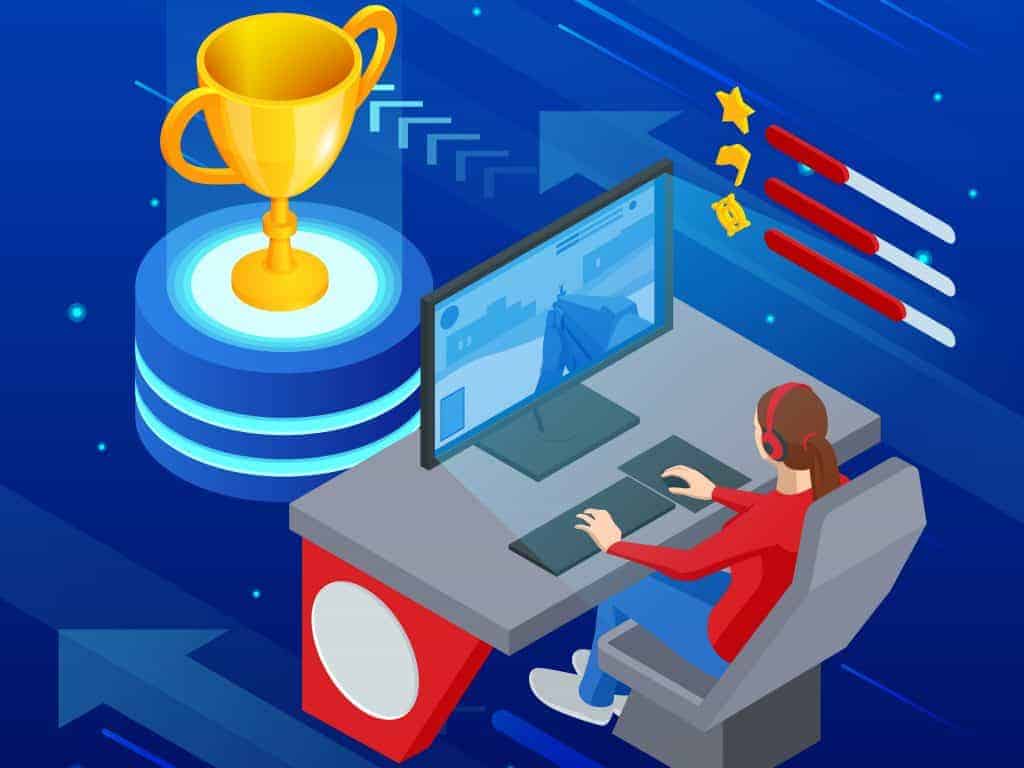
Best Gaming VPN: Reviews of Our Top Picks for 2020
So, what do our favorite gaming VPNs offer? Fast speeds, low pings, and good security. Plus, our recommendations are all great at bypassing geoblocks, so you’ll be able to play games or stream shows that are blocked in your country or area.
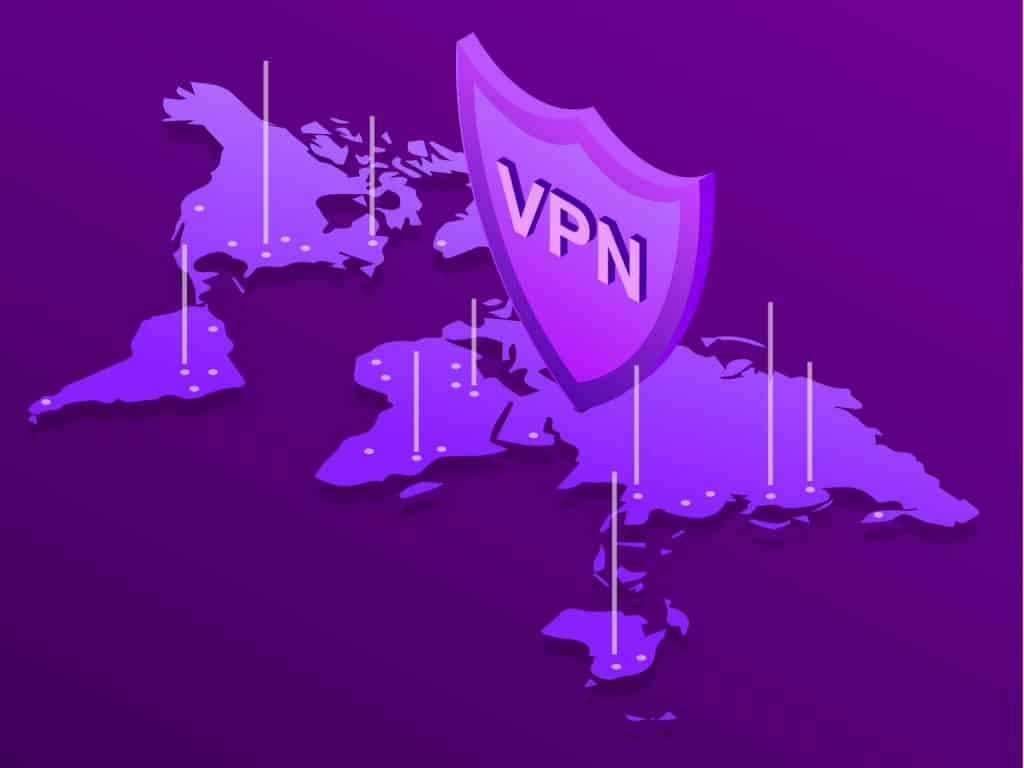
How to Change Your IP Location with a VPN
A lot of users rely on their trusty VPN to give them access to geo-restricted streaming services and websites. You can’t access the Netflix US library? No problem, a VPN can help you do just that. Let’s take a look at why you would change your IP to a different location using a VPN and how to do it.
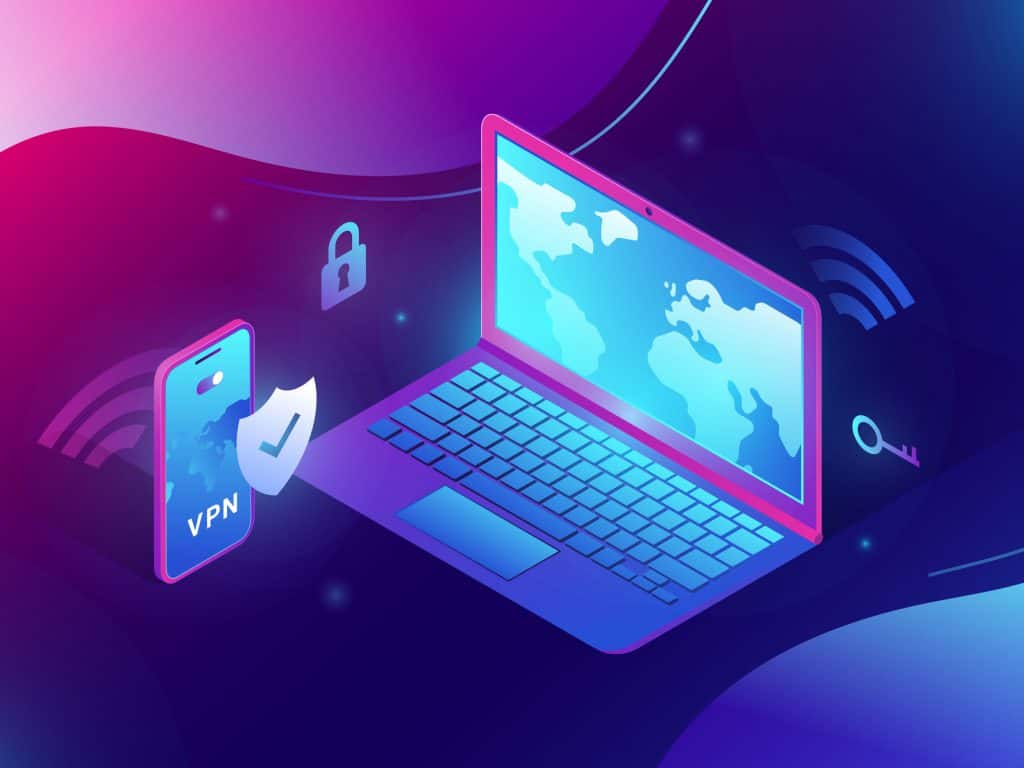
A Beginner’s Guide to VPN Features and Geek Speak
So you finally decide to get a VPN, and begin to scour the internet for the best option for your needs. However, you keep coming across terminology that’s somewhat beyond you. What’s the meaning of all those features and technology that different VPNs are equipped with?
